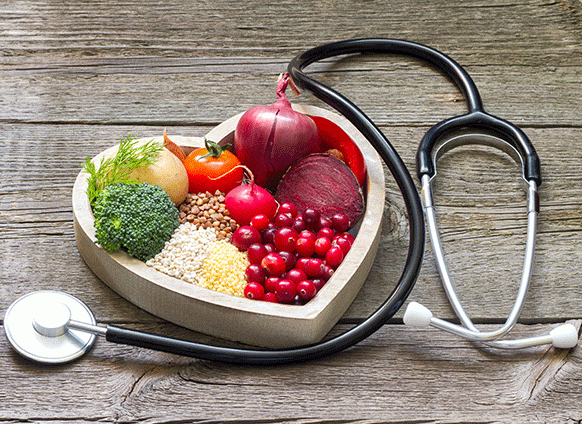Although, garlic, a plant related to onion adds flavour to food and is capable of destroying harmful bacterium, the World Health Organization (WHO) have debunked the myth that it can prevent and protect people from the new viral infection.
“Coronaviruses are a large family of (zoonotic) that cause illness ranging from the common cold to more severe diseases such as the Middle East respiratory syndrome (MERS-CoV). The novel coronavirus (nCoV) is a new strain that has not been previously identified in humans.”
The outbreak which was declared a global health emergency by WHO symptoms include cough, fever, breathing difficulties or shortness of breath. It can be spread through droplets of saliva, sneezes, cough or runny nose.
Coronavirus is also called COVID-19 first discovered in Wuhan, China, December 2019. It is an endemic that has led to over 1500 reported deaths cases and spread to more than 25 countries, BBC reports.
To this moment; there is no medicine to cure to treat the disease. The World Health Organization (WHO) explained that infected persons should seek appropriate healthcare to treat the symptoms and those with severe illness should receive optimal medical care.
The latest viral disease can affect you regardless of your race, colour creed, religion, nationality, age, etc, However, elderly persons and those with an ailment such as heart disease, asthma, diabetes are susceptible to disease.
An Africa country, Egypt, heralded its entry into the continent. The Nigeria Centre for Disease Control (NCDC) said it has set up a multi-sectional technical group to handle the threat.
Here are a few tips, to protect yourself using the “good hand hygiene and good respiratory hygiene.”
1, Adhere to respiratory hygiene practice by placing your hand or tissue over the nose when coughing and sneezing so as to limit the spread of the virus. And ensure to the tissue away instantly in a closed dustbin, do not reuse the tissue.
2. Wash your hand with soap and running water or alcohol-based hand rub, after toilet use, caring or visiting the sick, before, during and after cooking, before and after eating, after coughing and sneezing, after contact with animals, and after visiting the market.
3. WHO advised that you maintain social distance at least 1 meter (3 feet) between yourself and other people, particularly that respiratory illness.
4. Cook your food thoroughly, especially animal products.
5. The virus can also be transferred when, if you touch your mouth, nose and eye. So, avoid touching those areas of your body.

